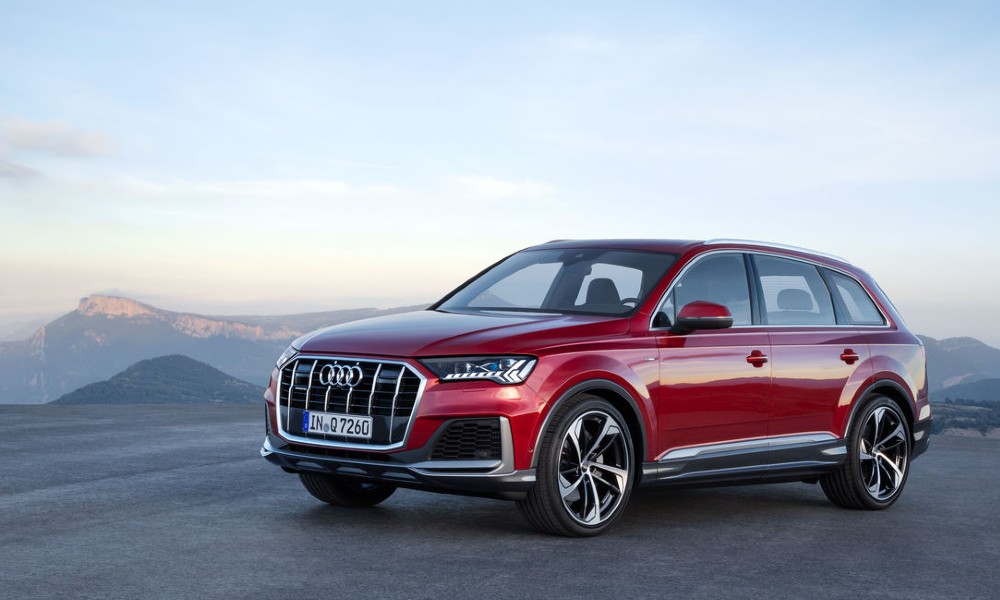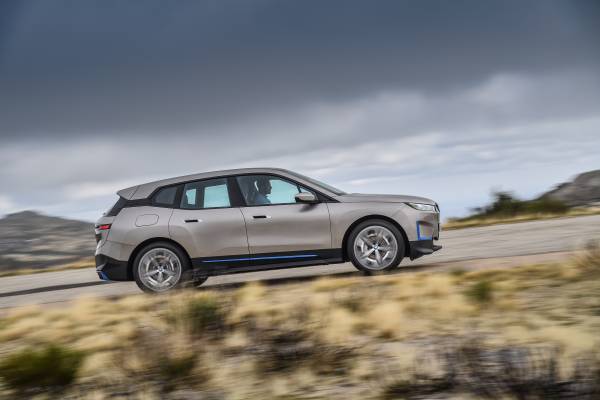Decoding Car Buying Psychology: Marketing Influence and Emotional Factors

Buying a car is a significant decision that involves a lot of factors. While practical considerations like budget, fuel efficiency, and safety are important, there are also emotional factors that come into play. Understanding the psychology of car buying can help you make a more informed decision and avoid falling prey to marketing tactics that may not be in your best interest.
The Role of Marketing

Marketers use a variety of tactics to influence car buying decisions. One common approach is to create a sense of urgency. Limited-time offers, sales events, and other promotions are designed to make you feel like you need to act fast to get the best deal. This can create a sense of pressure that can cloud your judgment.
Another tactic is to create a sense of exclusivity. Luxury car brands, for example, often use marketing to create an image of sophistication and status. By associating their products with wealth and success, they can make buyers feel like they are part of an elite group.
Finally, marketers often use social proof to influence car buying decisions. This involves highlighting positive reviews, testimonials, and endorsements from other buyers. By showing that others have had a positive experience with a particular car or brand, marketers can create a sense of trust and credibility.
The Role of Emotions
 practical considerations like fuel efficiency and safety are important, emotions also play a significant role in car buying decisions. One common emotional factor is the desire for status. Luxury car brands, for example, are often associated with wealth, success, and prestige. By owning a luxury car, buyers can feel like they are part of an exclusive group and project a certain image to others.
practical considerations like fuel efficiency and safety are important, emotions also play a significant role in car buying decisions. One common emotional factor is the desire for status. Luxury car brands, for example, are often associated with wealth, success, and prestige. By owning a luxury car, buyers can feel like they are part of an exclusive group and project a certain image to others.
Another emotional factor is the desire for comfort and convenience. Features like heated seats, automatic climate control, and advanced audio systems can make a car feel more luxurious and enjoyable to drive. Buyers may be willing to pay more for these features because they enhance the overall driving experience.
Finally, emotions like fear and anxiety can also influence car buying decisions. Safety features like airbags, lane departure warnings, and backup cameras can provide a sense of security and peace of mind. Buyers may be willing to pay more for these features because they feel like they are investing in their own safety and the safety of their passengers.
Understanding the psychology of car buying can help you make a more informed decision and avoid falling prey to marketing tactics that may not be in your best interest. By considering both practical and emotional factors, you can choose a car that meets your needs and makes you feel good about your purchase.
- Consider your budget and practical needs when choosing a car
- Be aware of marketing tactics that create a sense of urgency or exclusivity
- Take emotions like status, comfort, and safety into account when making your decision
- Choose a car that meets your needs and makes you feel good about your purchase





